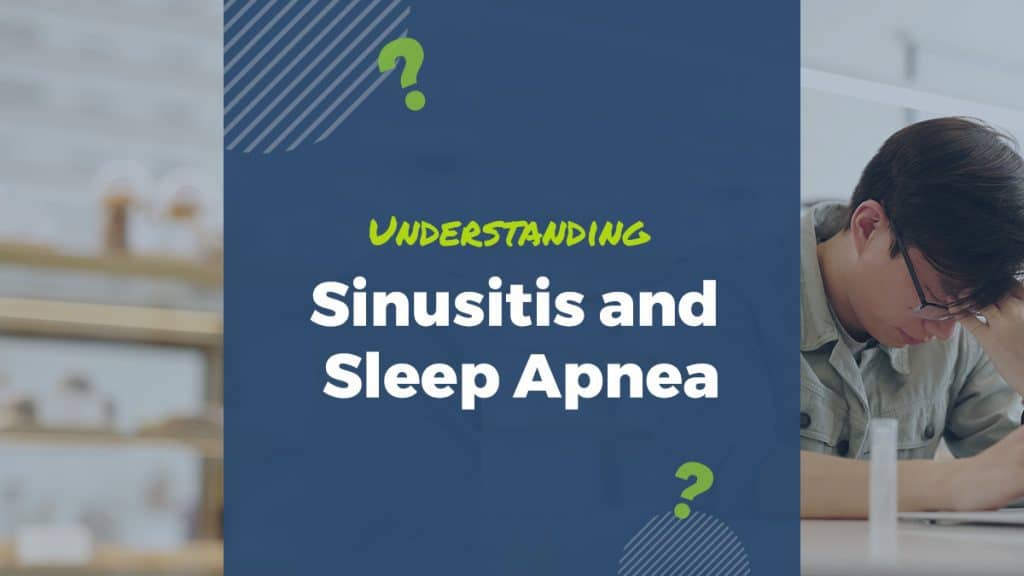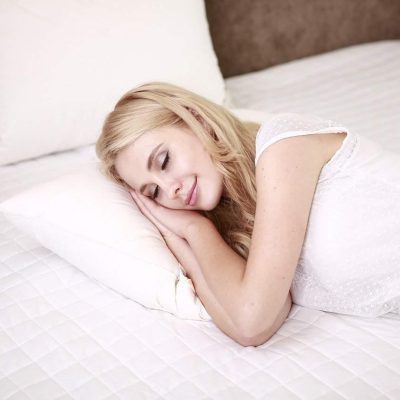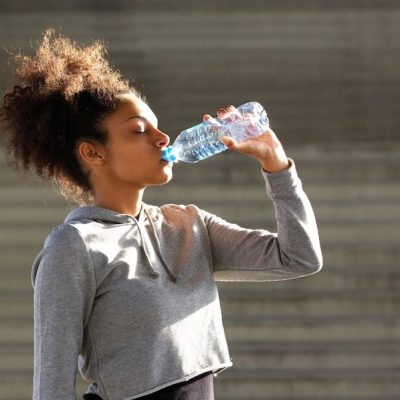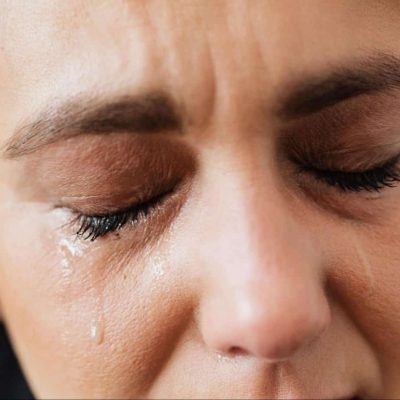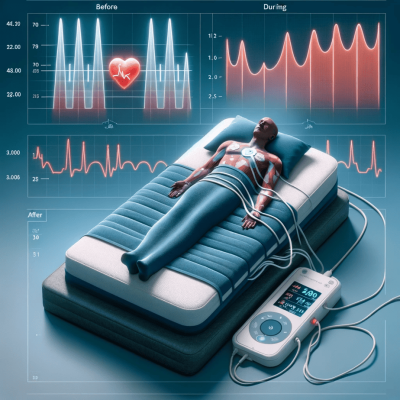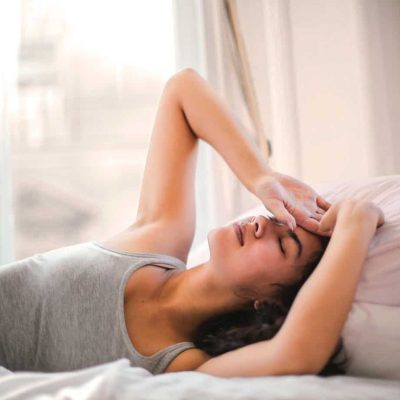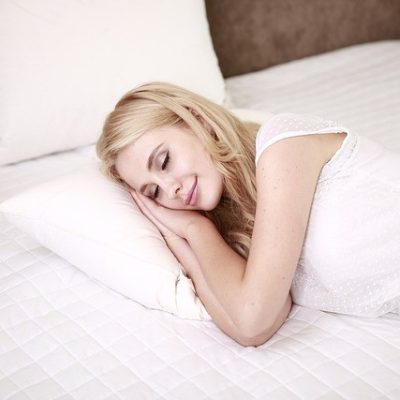Reviewed + Fact Checked by Dr.Farah Naz, Updated 9 July, 2022
We’ve all experienced a poor night’s sleep due to a stuffy nose. It’s hard to sleep when it’s hard to breathe as we become uncomfortable and possibly start to snore. The result is an inability to get a good night’s sleep that leaves you feeling tired in the morning.
This situation can be even worse if you’re suffering from sleep apnea or sinusitis or both. Obstructive Sleep Apnea blocks your airways, while sinus inflammation blocks the nasal passages. The result of either condition is an inability to get a good night’s sleep. When this happens regularly, it leads to chronic sleep loss and fatigue.
Chronic sleep loss leads to increased stress, fatigue, and mood disorders. It also raises risks of obesity, metabolic syndrome, and cardiovascular disease (1).
This article is compiled from credible, fact-based sources to give you an overview of the connection between sinusitis and sleep apnea. Furthermore, we’ll provide a guide on how to improve the quality of sleep, if you’ve suffered from sinusitis. We also answer common questions that you may have about sinusitis and sleep apnea.
Table of Contents
ToggleWhat is Sinusitis?
Sinusitis or sinus infection is the swelling and inflammation in the sinuses. The sinuses are small air spaces located behind your forehead, nose, cheekbones, and in between the eyes. These produce mucus that keeps nasal passages moist and traps dirt particles and germs from getting inside the airway.
The congestion and swelling in the sinuses make it difficult for air to pass through, which can be uncomfortable (2).
According to the American Rhinologic Society, your reflex is to breathe through your nose while you’re asleep. But the sinus inflammation and swelling caused by sinusitis can force you to breathe through your mouth instead.
There are different types of sinusitis that can last for different lengths of time;
- Acute sinusitis: It has the shortest duration and may last for up to 4 weeks (3).
- Sub-acute sinusitis: Symptoms last longer than the standard acute period, for up to 3 months. It commonly occurs with bacterial infections or seasonal allergies.
- Chronic sinusitis: Symptoms persist, or frequently return, after 12 weeks. It may need more invasive treatment.
Usually, your sinuses drain every 10 minutes to maintain a clear passage. When you get a cold or suffer from allergies, the nasal passages typically swell up. It blocks the flow of the sinuses. However, when you are sick, the nasal passages are unable to clean themselves naturally. It leads to a build-up of thick mucus (that contains bacteria), causing bacterial overgrowth.
If bacteria continue to build up in the nasal passages, it leads to inflammation. Subsequent nasal congestion will most likely prevent you from getting a good night’s sleep.
The symptoms vary depending on the type and severity of the infection. They are similar to those of a common cold that may include:
- Reduced sense of smell
- Fever
- Stuffy or runny nose
- Headache from sinus pressure
- Fatigue
- Cough
Fast Facts On Sinusitis
- It affects 31 million people in the United States each year (4).
- Allergies, bacteria, or a virus can cause sinus infection.
- Swimmers, smokers, second-hand smokers are more likely to contract sinusitis.
- This condition usually goes away without treatment, but sometimes medical attention is needed.
- Doctors often refer to sinusitis as rhinosinusitis (inflammation of the nose known as rhinitis).
What is Sleep Apnea?
Sleep apnea a serious sleep disorder resulting in interrupted sleep caused by breathing problems. There are many types of sleep apnea, but obstructive sleep apnea (OSA) is the most common. SA affects 2-9% of adults, affecting more men than women. Strangely, only 10% of patients with OSA get treatment for this condition (5).
Compared to the general population, you are more likely to have OSA if you are:
- Obese or overweight(10% weight gain is equivalent to six fold chances of OSA)
- Older or middle-aged
- Have anatomy that narrows the airway
- Heavy smokers (high rate of OSA)
In OAS, breathing stops involuntarily for brief periods during sleep. It’s because the normal flow of air is repeatedly prevented throughout the night. The flow of air stops because the muscles and soft tissue around the throat partially or fully block the airway. After loud snoring, it leaves you gasping for air.
When this happens, your brain receives the message to breathe. Most of the time, after not breathing, you wake up regain your breathing pattern. It disrupts your sleep and causes a lack of reaching the critical deep sleep stage.
Over time this chronic lack of sleep leads to severe health problems such as:
- Diabetes
- Hypertension
- Heart disease
- Stroke
Above mentioned health conditions enhance the chances/risk of mortality in OSA patients.
Is There A Connection Between Sinusitis And Sleep Apnea?
Obstructive sleep apnea is a sleep disorder, while sinusitis is a temporary inflammation of the sinus due to infection. With sinusitis, the nasal passages close off and block the airways when the individual is sleeping. It’s different from OSA that occurs due to overly relaxed muscles.
In a few research studies, obstructive sleep apnea has been shown associated with chronic rhino-sinusitis (CRS) or chronic sinusitis. However, the literature is inconsistent about the prevalence of OSA in chronic sinusitis (6).
Below are the studies which show the correlation between sinusitis and sleep apnea:
- A research study published in the Journal of Otolaryngology-ENT Research showed that chronic rhino-sinusitis is a risk factor to develop or further increase the existing snoring and obstructive sleep apnea (OSA).
- In another research study conducted in Taiwan, up to 64.7% of patients with CRS were diagnosed wih OSA (7).
- Another study investigating the risk of CRS in OSA patients concluded that patients with OSA had a higher chance of subsequent CRS than those without OSA regardless of gender (8).
- In another study, men and women with nasal obstruction, especially chronic nighttime symptoms of rhinitis, are significantly more likely to be habitual snorers. And a proportion of them also may have frequent episodes of apnea (9).
In contrast, the following studies do not show the prevalent correlation between sinusitis and sleep apnea
- In a report from the United States, physician-diagnosed OSA was found in only 15% of CRS cases (10).
- A Population-Based Study reported that only fewer than seven percent of patients with obstructive sleep apnea were later diagnosed with sinusitis.
It means the definite correlation between sinusitis and sleep apnea is still not clear. Future studies are needed to clarify the prevalence of sleep-related disordered breathing (e.g., OSA) in CRS patients.
However, sleep disruption in sinusitis causes a decreased quality of life and is linked to poor functional outcomes such as impaired cognitive function and depression (11)(12). A research study concluded that a patient with sleep disorders and chronic sinusitis should be treated for both conditions at the same time (13).
Does Deviated Septum Cause Sleep Apnea?
No. deviated septum cannot cause sleep apnea. However, it can worse your OSA symptoms.
Deviated septum is a misalignment in your nose that makes one nasal cavity larger than the other. It’s is because the bone and cartilage divide your nose into two severely uneven nasal cavities.
An estimated 80% of us have a misalignment in the nose that makes one nasal cavity larger than the other (14). Its symptoms may include;
- Obstruction of one or both nostrils
- Nosebleeds
- Noisy breathing during sleep
- Awareness of the nasal cycle (meaning if you’re noticing when obstructions in your nasal cavity switch from one nose to the other)
- Preference for sleeping on a particular side
It can make breathing difficult and affect your OSA treatment, especially if you have nasal allergies. People can develop a deviated septum at birth or as a result of an injury.
In patients that already have an airway obstruction; the restricted nasal passage makes OSA worse. A deviated septum can help reveal sleep apnea in some patients, though it doesn’t cause the condition itself.
How To Sleep Better With Sinusitis?
To alleviate inflammation in your sinuses, your doctor may prescribe prescription and/or over-the-counter remedies. However, there are multiple things you can do at home to create a breathe-better bedroom that’s sinus-friendly.
1. Resist The Urge To Blow Your Nose
Blowing your nose isn’t actually recommended. Because a research study has shown that it creates excess pressure in your nasal cavities. It can cause fluid from your nose to go into your sinuses.
2. Avoid Alcohol- Especially After 2 P.M
Research showed that in 3 percent of people, consuming alcohol triggers upper respiratory symptoms such as a blocked or runny nose and sneezing.
When you drink alcohol, it’s more challenging to stay hydrated. It’s because alcohol increases urine production (15). Moreover, alcohol has adverse effects on sleep (16). Therefore it’s best to avoid alcohol.
3. Diffuse An Essential Oil In Your Bedroom
The research studies found that essential oils, such as tea tree oil and eucalyptus oil, have anti-inflammatory and antimicrobial properties. It might help with nasal congestion (17)(18).
Peppermint oil can also make you feel like it’s easier to breathe (19). To disperse essential oils in your bedroom, you can use a diffuser.
4. Use A Humidifier In Your Bedroom
Dry air can irritate your nasal passages and throat. Humidifiers add moisture and some heat to the air. It can also make you feel easier to breathe.
5. Sleep With Your Head Elevated
Lying flat allows mucus to build up in your sinuses and clog your nose. According to Harvard Health Education, sleeping with your head elevated can help drain mucus and relieve sinus pressure. Lay on your back and try propping yourself up with some pillows.
6. Stay Hydrated
Staying hydrated can thin out your nasal mucus, which helps drain your sinuses and reduce night-time nasal congestion. The minimum daily fluid intake should be of around 3L (12.6 US cups) for men and 2.2L (9.2 US cups) for women (20).
Final words from Well-Aware-System Experts
- Obstructive sleep apnea is a sleep disorder, while sinusitis is a temporary infection. The definite connection between sinusitis and sleep apnea is still not clear. But sinusitis can worse your OSA symptoms.
- Deviated septum of your nose cannot cause sleep apnea. But if you already have an airway obstruction, it can worse your sleep apnea.
- Sleep Apnea associated with chronic sinusitis can be treated effectively if you treat your sinusitis.
- If you have sinusitis, the above given research-based tips can make you feel easier to breathe. But talk with your doctor who can better prescribe prescription and/or over-the-counter remedies.
- Must use your sleep apnea treatment every night, such as CPAP or BiPAP Also, keep in mind the importance of setting up your continuous positive airway pressure (CPAP).
- This article is compiled from fact-based resources and is only for informational purposes. About your condition, only your sleep specialist knows the best. Our ultimate recommendation is to get assessed by your board-certified sleep medicine physician to ensure your condition is adequately treated.

